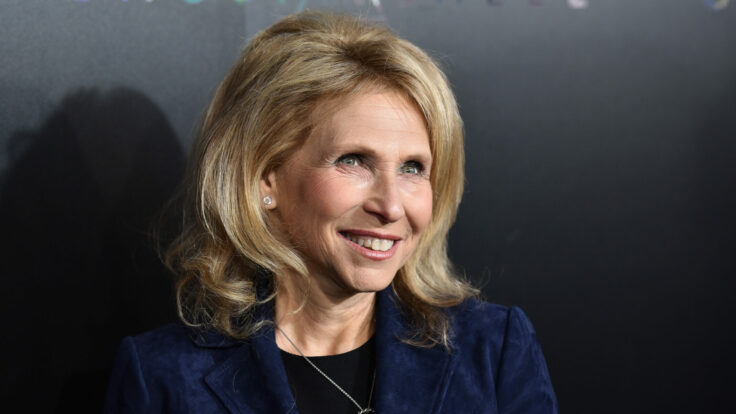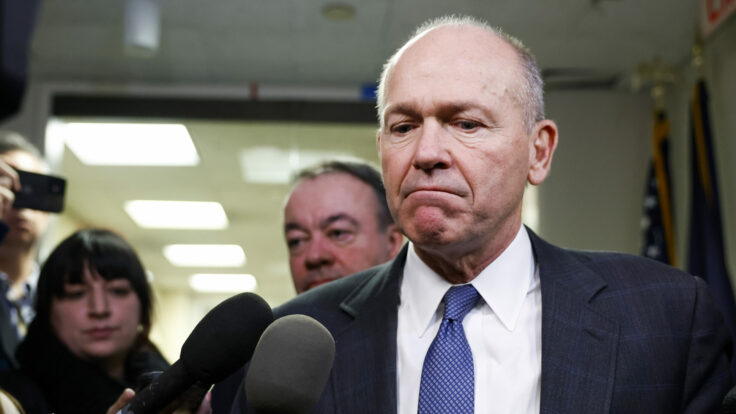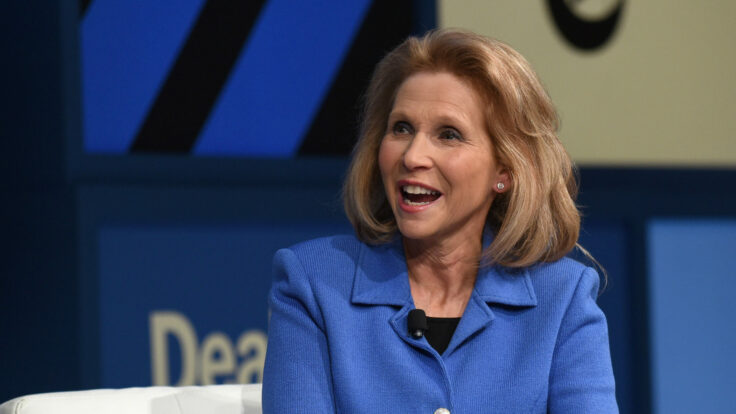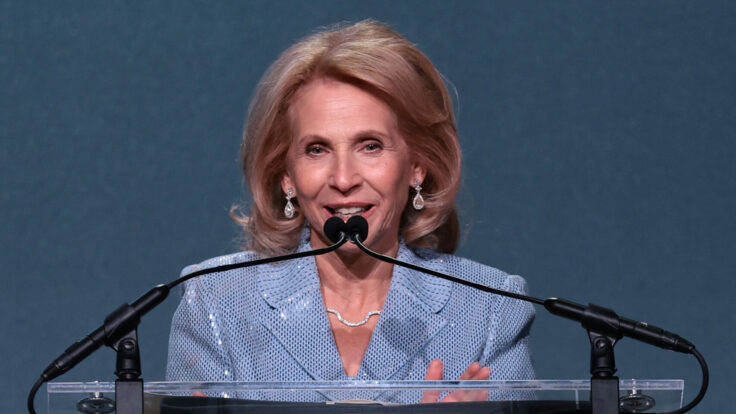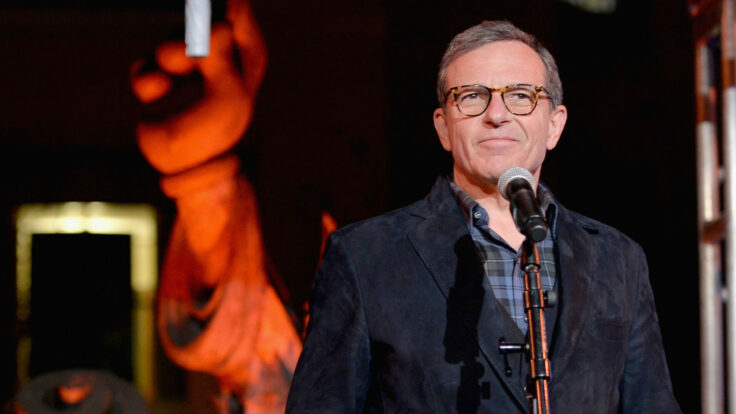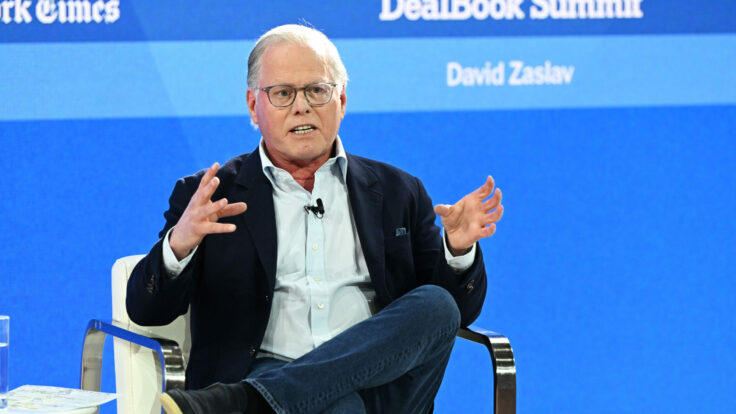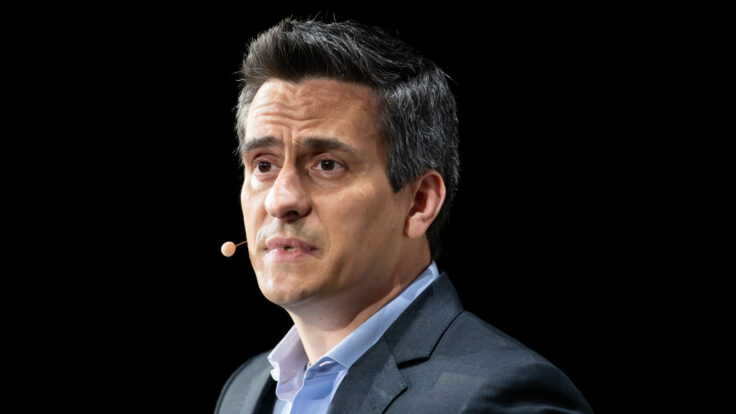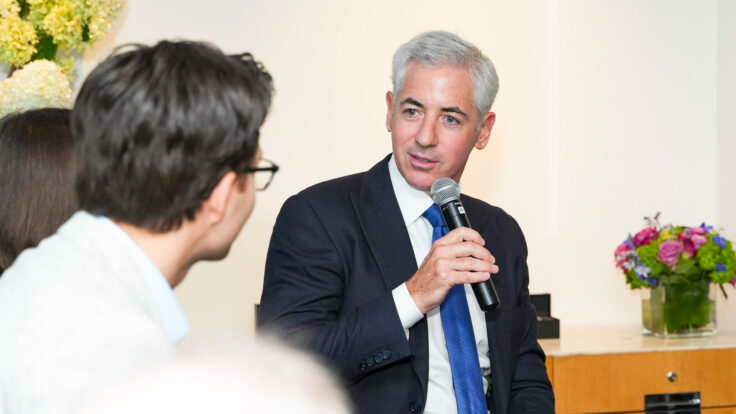Daniel Yergin is the Pulitzer-winning author of The Prize, the definitive work on the modern oil oligopoly, and one of the world’s leading authorities on the fossil fuel industry. He’s also a vice-chairman of IHSMarkit, the large data company, which is in the process of completing a massive $44 billion merger with S&P Global (regulators willing) to create a financial data powerhouse to compete with the likes of Bloomberg, Reuters, and DowJones. When that merger closes, expected in December, Yergin will be a vice-chairman of the combined company. He is also a leading intellectual, who sits on the boards of both the Council on Foreign Relations, where I am a member, and the Brookings Institution.
I recently chatted with Yergin, a long-time friend, upon the paperback publication of his latest book, The New Map, for which he has written a fresh appendix that attempts to figure out whether the Biden administration’s ambitious climate-reduction goals, such as decreasing carbon emissions 50 percent by 2030, and hitting net zero by 2050, are feasible or a pipe dream. “It’s a very awesome goal,” he told me, suggesting that it might be a rather “aspirational” one, too. He said for the “typical” American, achieving these carbon emission goals would require him or her to reduce their carbon emissions down to the level of someone living “in a poor, developing country,” making that “a really big challenge.” He’s not sure Americans are ready, willing, or able to make that kind of sacrifice.





